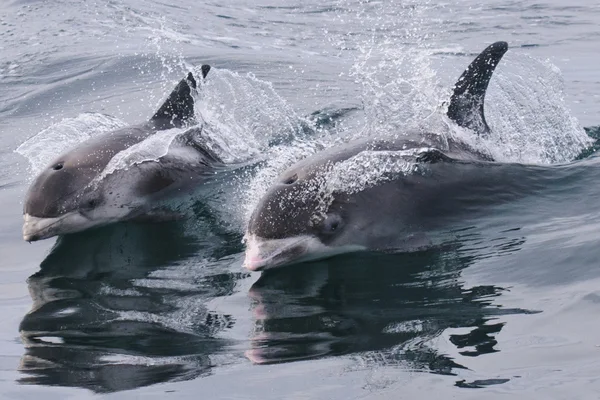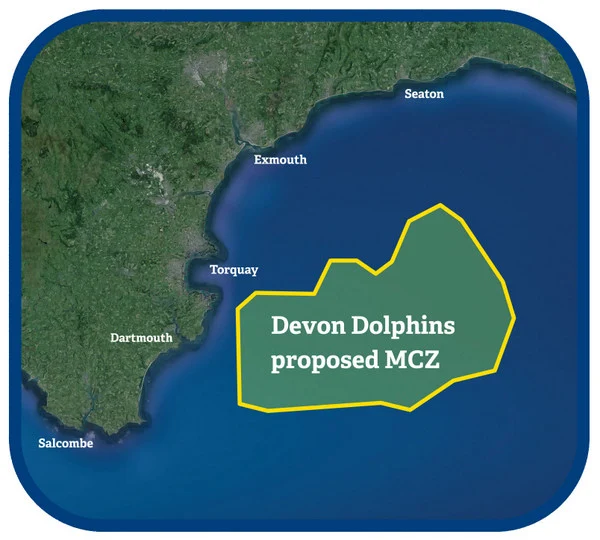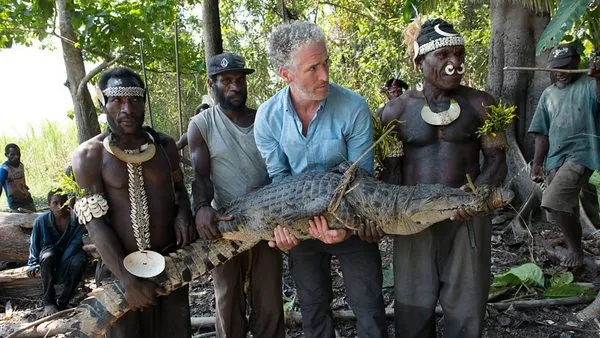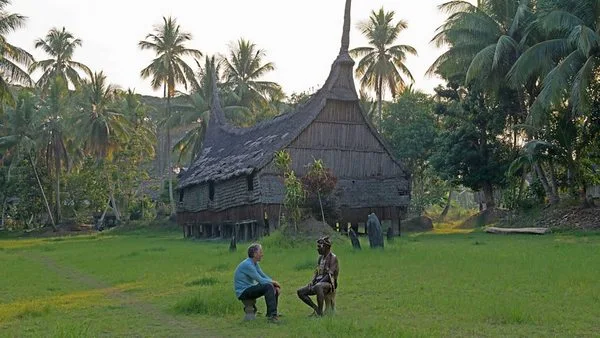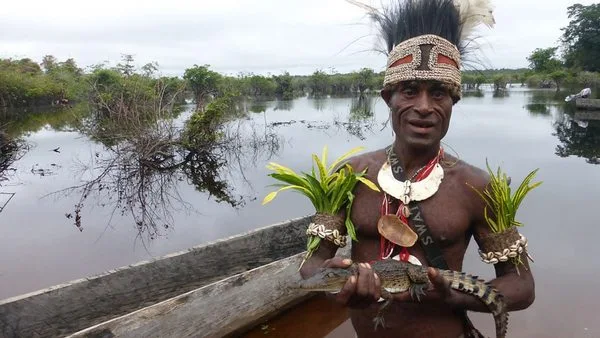Marine conservationists are calling for a new protected area
for dolphins and seabirds in Lyme Bay.
Earlier this summer, Defra invited proposals for new Marine
Conservation Zones to protect 'highly mobile marine species' - animals such as
whales, dolphins, sharks, and seabirds.
Devon Wildlife Trust wants to see legal protection for a
1055 sq km area of Lyme Bay which hosts important numbers of white beaked dolphin,
common dolphin and harbour porpoise, along with significant records of minke whale and
basking shark.
This area is also an important feeding ground for seabirds
such as guillemot, razorbill and gannet; and for a nationally important
population of Balearic shearwaters.
Dolphins and porpoises are often sited from Berry Head. Just
a few miles offshore is an area where Lyme Bay's population of white beaked dolphins
spend almost all of their lives - this is where they feed, breed and raise their
young.
In Lyme Bay, pods of up to 200 white beaked dolphins have
been recorded. Surveys carried out by the Dorset-based charity MarineLife since
2006 have identified distinct individuals.
However, since 2013 the number of sightings of new
individuals has declined.
White beaked dolphins are most often seen in the deeper
central waters of the Bay, four to fifteen miles east of Torbay, which support shoals
of prey species sprat, cod and whiting.
Small fish are drawn to the area by the masses of plankton
that feed on the nutrient-rich waters in this part of Lyme Bay. This whole
ecosystem supports the larger animals, such as dolphins and seabirds, that thrive
here. That's why The Wildlife Trusts want to see the whole area protected from
damaging human activities.
White beaked dolphins are sensitive to sea surface
temperature, thriving in waters cooler than 17 degrees. The species is very rarely present
where sea surface temperatures are higher than 18 degrees.
As white beaked dolphins off western Europe move further
north in response to increasing temperatures, the dolphin-friendly habitats of
Lyme Bay will become increasingly important.
Large marine animals face a number of threats from
industrial and recreational use of the seas. Some of these threats in Lyme Bay - habitat
destruction, fisheries bycatch, collisions with vessels, acoustic and physical
disturbance - could be managed for the benefit of marine wildlife by creating a
Marine Conservation Zone.
Devon Wildlife Trust's Dan Smith said: "This area off
Torbay is so important for dolphins and other large marine animals that we need to
recognise the site as a whole - for everything from the plankton and the smaller
fish that bring in the dolphins and the nutrient upwelling that provides the base
for all this wildlife. Creating a Marine Conservation Zone here is about
future-proofing the area to manage
any threats that arise. For example, the dolphins often feed
where small fish cluster around submerged wrecks - these artificial habitats
could be damaged by dredging, an activity that can be managed when a site has
been designated an MCZ."
Of the 50 Marine Conservation Zones currently designated,
none are for dolphins or other large marine animals. The third, and final, round of
Marine Conservation Zone designation offers the first opportunity to create a
protected area for the dolphins of Lyme Bay.
Devon Wildlife Trust has launched the Devon Dolphins
campaign for people to pledge their support for protecting Devon's white beaked dolphins
and other cetaceans. Dolphin fans can support the campaign at http://www.devonwildlifetrust.org/devon-dolphins or when visiting Wembury Marine Centre, Seaton Jurassic and
a range of other wildlife attractions in Devon.

